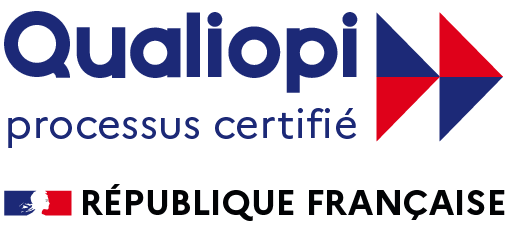Stronger Together: The Business Case for Supporting Relocating Partners

International relocations are a big adjustment for employees, but they can be an even bigger adjustment for their accompanying spouses or partners. This is especially true if they were a part of a
dual income household
in their country of origin. While organizations often focus on logistical support for the employee, the success of an international assignment hinges equally on the well-being of the entire family. If a relocating partner struggles to integrate, it can have negative impacts on the partner’s state of mind, the couple’s relationship, the employee’s ability to focus on their new role, and both assignment and organizational objectives.
The Cost of Overlooking Relocating Partners
Studies show that one of the leading causes of assignment failure is the inability of the relocating partner to integrate. Without structured support, these individuals often experience isolation, loss of identity, and difficulty navigating a new culture. Meanwhile, employees are distracted with worry and stress as their partners struggle to adapt, which often impacts their ability to meet assignment goals and objectives. The well-being of both individuals is compromised, which can lead to employee disengagement, attrition, and, in extreme cases, loss of talent altogether.
The Ripple Effect of Partner Integration
Beyond business outcomes, though, prioritizing employer and family well-being is simply the right thing to do. It fulfills an organization’s duty of care to its employees. It reinforces ethical leadership, fosters a cohesive company culture, and supports employees thriving professionally while knowing their families are cared for. Ultimately, it builds a cohesive workforce and positive mobility brand.
What Effective Partner Support Looks Like
How can businesses support relocating partners? To begin, they need to understand that successful programs go beyond financial incentives. Accompanying partners need more than just logistical assistance—they need meaningful support that fosters connection, purpose, and stability. The most effective integration support includes:
- Pre-decision consultations to help families assess relocation feasibility before committing
- Mentorship programs that connect relocating partners with local networks, easing social integration
- Personalized coaching to address emotional and logistical challenges, ensuring long-term success
- Employment assistance for accompanying spouses/partners who would like to work in their new host country
- Alternatives to employment assistance for those individuals who are unable to work in their host country (this can include tuition assistance for online educational opportunities, information regarding starting their own business, integration support into their communities, volunteer matching services, etc.)
An experienced global services provider can be a valuable extension of your internal team when providing these services to accompanying partners. For instance, NetExpat offers a comprehensive suite of support services designed specifically for relocating spouses and partners. Our NetExpat Community connects partners and spouses to their counterparts — both locally and globally—to ensure they have support from a like-minded community, along with access to resources that make integrating into their new host environment easier. Our buddy program connects partners on a one-to-one basis, building friendships and mentorships to ease social and cultural transitions. And our proprietary job search platform—created exclusively for accompanying partners of employees of NetExpat clients—helps partners navigate employment opportunities in their new location, ensuring they remain professionally engaged and empowered if they want to keep working abroad.
The Long-Term Benefits of Prioritizing Partner Support and Integration
Prioritizing partner integration yields substantial long-term benefits to organizations, from increased employee retention to overall workplace satisfaction. When employees feel that their families are supported, they’re more likely to feel engaged in their roles and remain committed to their assignments, reducing turnover and strengthening company morale. Companies that invest in comprehensive integration programs not only foster employee loyalty but also enhance their brand reputation, attracting top talent and positioning themselves as leaders in global mobility. In short, by cultivating a culture of care, they ensure both business success and the well-being of their workforce.
A Future-Proof Approach to Global Mobility
Partner support shouldn’t be optional—it’s essential for assignment and organizational success. By rethinking relocation policies and investing in meaningful support programs, by leaning into partner support instead of bypassing it, businesses don’t just ensure positive assignment outcomes, they create professional communities and partnerships where everyone involved can truly thrive.
For over 25 years, NetExpat has been a trusted and valued partner, providing guidance and global expertise to multinational businesses across the globe. For more information about how we can support your employees and business by fostering a smooth and positive family experience, contact us at info@netexpat.com
Share this post














